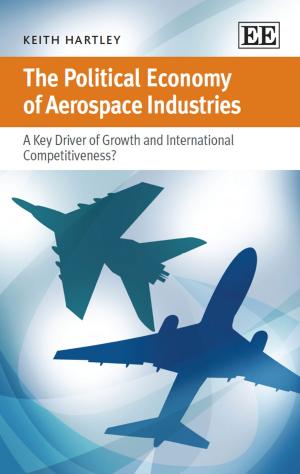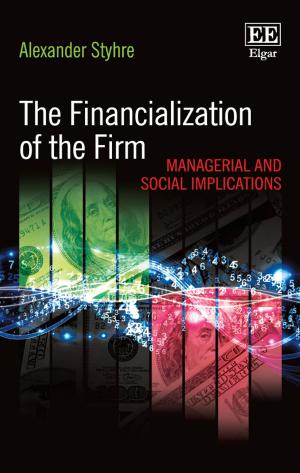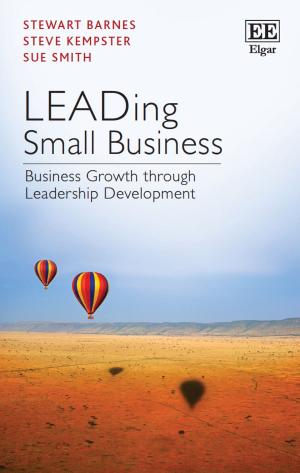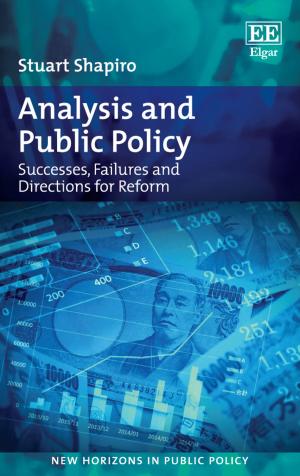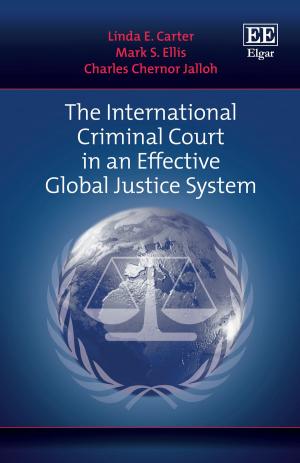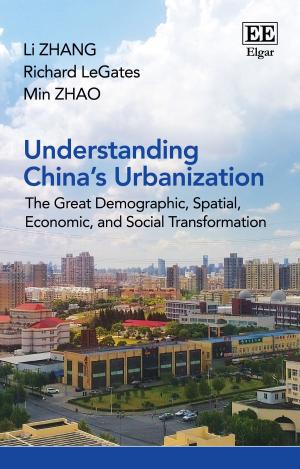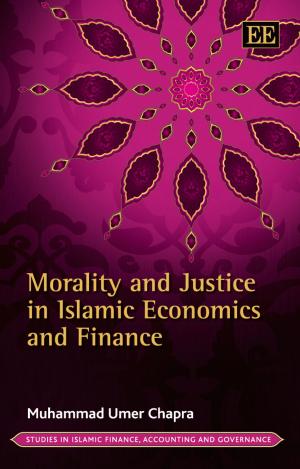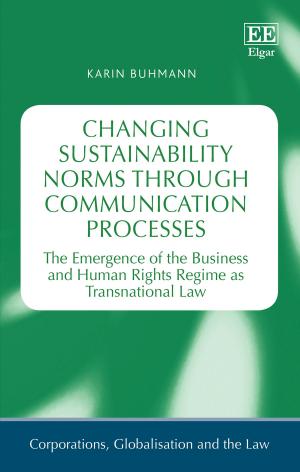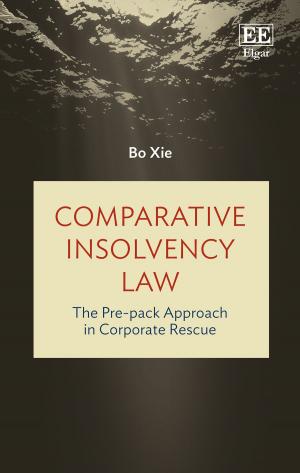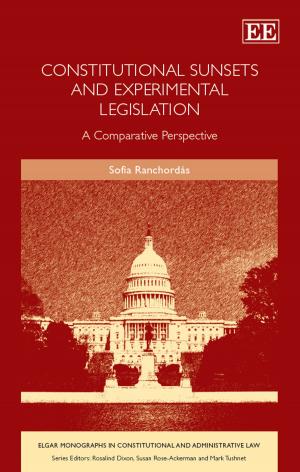A Theory of Organizing
Second edition
Business & Finance, Human Resources & Personnel Management, Organizational Behavior, Management & Leadership, Management| Author: | Czarniawska, B. | ISBN: | 9781783478682 |
| Publisher: | Edward Elgar Publishing | Publication: | December 15, 2009 |
| Imprint: | Language: | English |
| Author: | Czarniawska, B. |
| ISBN: | 9781783478682 |
| Publisher: | Edward Elgar Publishing |
| Publication: | December 15, 2009 |
| Imprint: | |
| Language: | English |
This new edition of ‘A Theory of Organizing’ continues to promote a processual view of organizing, and presents a theory developed by combining multiple field studies with recent theoretical insights. The author defends the constructionist perspective from idealist interpretations, demonstrating how people and machines collaborate in constructing action nets, which eventually produce both the global economy and its local translations. Helped by information technologies, global ideas travel across the world in physical space and in cyberspace, over national, sectorial and organizational borders, within and outside organizations and are then translated into local practices.Provocative in its questioning of established truths in the field of organizational studies, this book will continue to challenge and stimulate organizational theoreticians and organizational practitioners. It will also prove lively reading for academics from a range of backgrounds, including management studies, business administration, sociology, ethnology, and political sciences.
This new edition of ‘A Theory of Organizing’ continues to promote a processual view of organizing, and presents a theory developed by combining multiple field studies with recent theoretical insights. The author defends the constructionist perspective from idealist interpretations, demonstrating how people and machines collaborate in constructing action nets, which eventually produce both the global economy and its local translations. Helped by information technologies, global ideas travel across the world in physical space and in cyberspace, over national, sectorial and organizational borders, within and outside organizations and are then translated into local practices.Provocative in its questioning of established truths in the field of organizational studies, this book will continue to challenge and stimulate organizational theoreticians and organizational practitioners. It will also prove lively reading for academics from a range of backgrounds, including management studies, business administration, sociology, ethnology, and political sciences.



